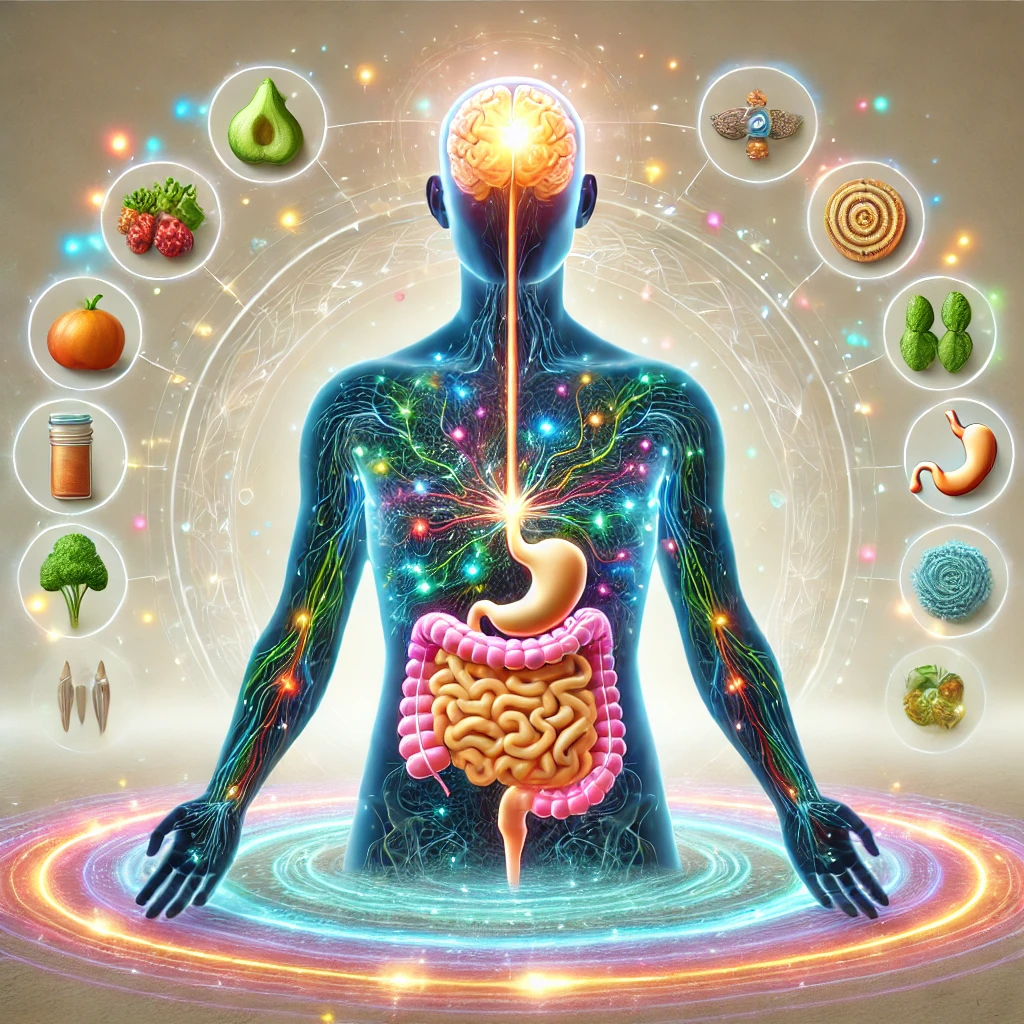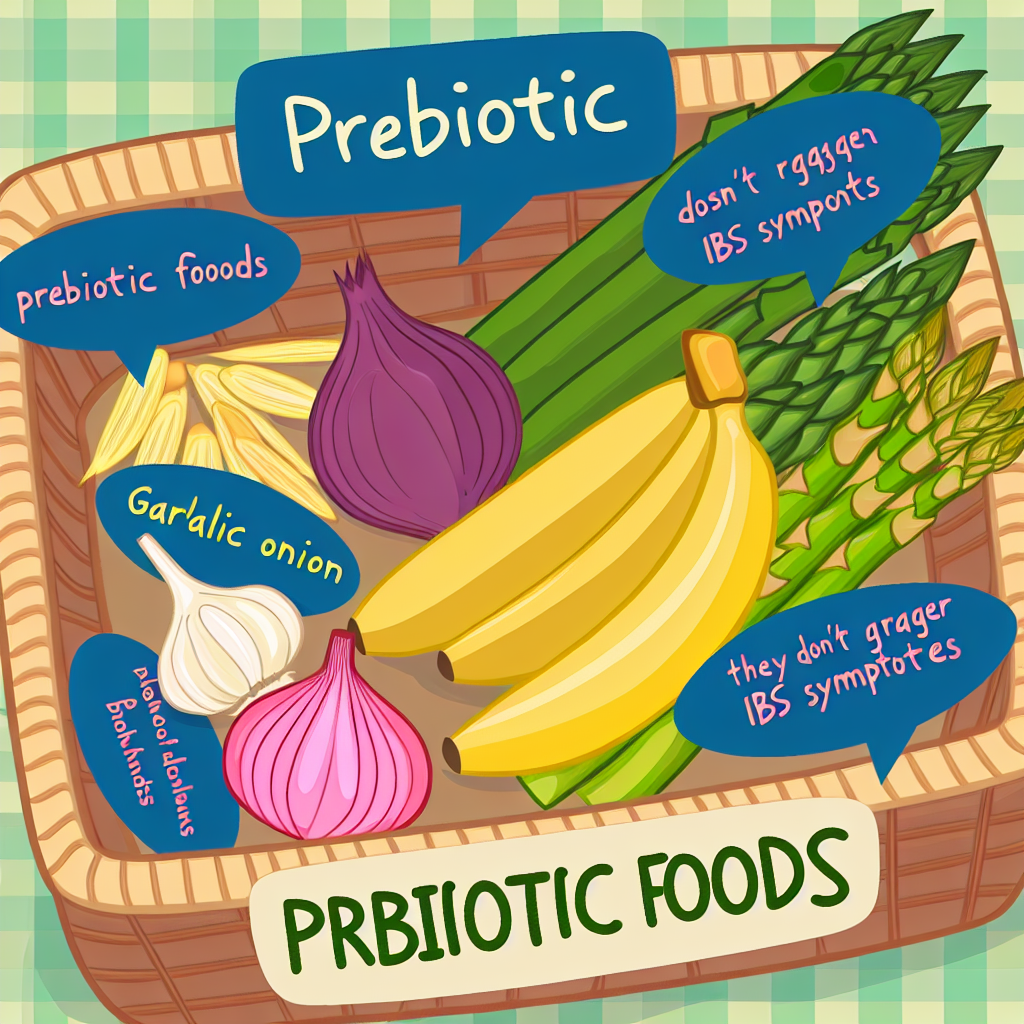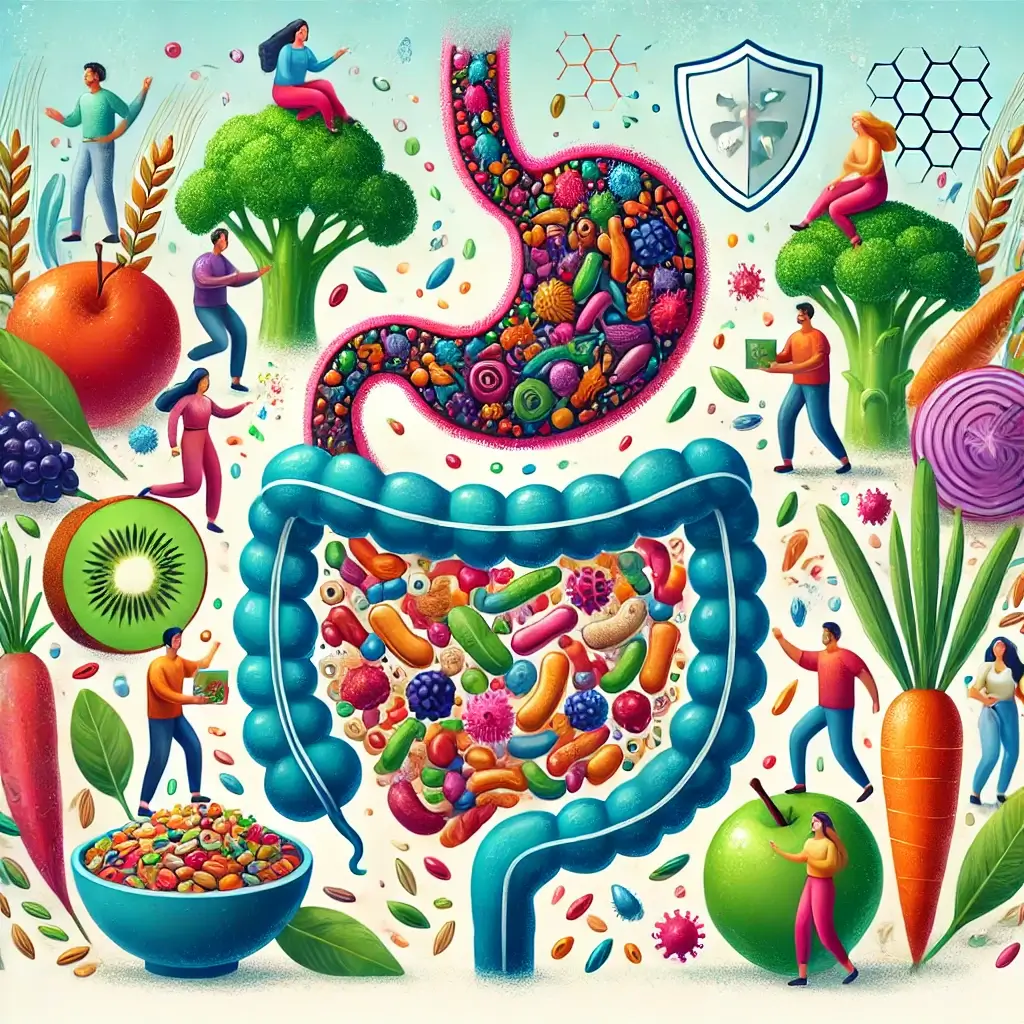Understanding the Gut-Brain Connection
Have you ever experienced a “gut feeling” or noticed how stress can lead to an upset stomach? These phenomena are more than mere metaphors—they represent the deep and complex connection between your gut and brain. Known as the gut-brain axis communication network, this communication network involves a bidirectional flow of information between the gastrointestinal system and the central nervous system. At the core of this interaction lies the gut microbiome ecosystem, a diverse ecosystem of microorganisms that influences digestion, immunity, and even brain function.
Revolutionary Understanding of Mental Health
The discovery of this connection has revolutionized our understanding of mental health, highlighting how gut health plays a vital role in mood regulation and stress management, and cognitive function. From neurotransmitter production to immune system modulation, the gut-brain axis offers new insights into the root causes of anxiety, depression, and other mental health disorders.
Article Overview and Purpose
This article dives into the latest research and clinical studies on the gut-brain connection research, providing a comprehensive overview of its significance in mental health. Readers will gain actionable insights into how diet, lifestyle, and emerging therapies can support both gut and mental well-being.
Mechanisms of the Gut-Brain Axis
The gut-brain axis operates through a variety of mechanisms, each contributing to the intricate dialogue between these two vital systems:
The Vagus Nerve: This cranial nerve acts as a direct line of communication between the gut and brain. Studies in Cell Reports (2021) reveal that specific gut bacteria stimulation can stimulate vagus nerve activity, influencing mood and stress responses.
Neurotransmitter Synthesis: The gut microbiota plays a key role in the production of neurotransmitters such as serotonin, dopamine, and GABA. Research in Nature Reviews Neuroscience (2021) showed that imbalances in gut bacteria production can disrupt neurotransmitter production, leading to mood disorders.
Inflammation and Mental Health: Chronic gut inflammation has been linked to conditions like anxiety and depression. A 2023 study in Lancet Psychiatry found elevated inflammatory markers in dysbiosis, suggesting a direct impact on brain health.
Impact on Anxiety and Stress
A 2022 meta-analysis in Frontiers in Psychiatry found that individuals with gut dysbiosis exhibited higher levels of cortisol, the primary stress hormone. These findings underscore the role of gut health in modulating stress responses. Clinical trials have demonstrated that probiotic supplementation for anxiety, particularly with strains like Lactobacillus rhamnosus, reduces anxiety symptoms in both humans and animal models (Journal of Psychosomatic Research, 2022).
Connection to Depression
The gut microbiota influence on serotonin has significant implications for depression. A study published in Molecular Psychiatry (2021) identified specific bacterial strains associated with reduced depressive symptoms. Diets enriched with fermented foods and prebiotics were shown to lower depression scores in participants after eight weeks, according to research in Gut Microbes (2020).
Cognitive Function and Brain Health
Preliminary evidence links gut health to cognitive performance. A 2022 review in Alzheimer’s & Dementia suggested that gut dysbiosis in neurodegenerative diseases might contribute to the progression of neurodegenerative diseases such as Alzheimer’s and Parkinson’s.
Strategies for Optimal Gut-Brain Health
Addressing gut health is a proactive step toward improving mental well-being. Here are evidence-based strategies:
Dietary Recommendations
Include fiber-rich foods for gut health (e.g., legumes, whole grains) and fermented foods (e.g., kefir, kimchi). These promote a diverse and balanced microbiome. Reduce processed foods and sugars that can disrupt gut bacteria.
Supplementation Guidelines
Probiotics like Lactobacillus and Bifidobacterium have shown potential in reducing anxiety and depression symptoms. Prebiotics for beneficial bacteria growth, found in foods like onions and garlic, fuel beneficial bacteria growth.
Stress Management Techniques
Chronic stress negatively impacts the gut microbiota. Stress-reducing techniques for gut health like yoga, mindfulness meditation, and regular physical activity can restore balance.
Sleep Importance
Sleep deprivation effects on gut microbiota disrupts gut microbiota diversity. Aim for 7–9 hours of quality sleep to support gut-brain harmony.
Professional Guidance
If experiencing persistent mental health issues, seek medical advice. Emerging therapies for gut-brain disorders, such as psychobiotics and microbiome-targeted treatments, show promise in addressing gut-brain-related disorders.
Future Implications
The gut-brain axis offers a groundbreaking perspective on the interplay between digestive health and mental well-being. As research continues to unveil the mechanisms underlying this connection, it becomes increasingly clear that gut health is pivotal for emotional resilience and cognitive function.
Final Recommendations
By prioritizing a gut-friendly lifestyle for mental health—encompassing a nutrient-rich diet, stress management, and adequate sleep—individuals can harness the power of the gut-brain axis to improve their overall quality of life. With the integration of cutting-edge therapies and continued scientific advancements, the gut-brain connection is poised to transform the landscape of mental health care.

Dominic E. is a passionate filmmaker navigating the exciting intersection of art and science. By day, he delves into the complexities of the human body as a full-time medical writer, meticulously translating intricate medical concepts into accessible and engaging narratives. By night, he explores the boundless realm of cinematic storytelling, crafting narratives that evoke emotion and challenge perspectives.
Film Student and Full-time Medical Writer for ContentVendor.com




